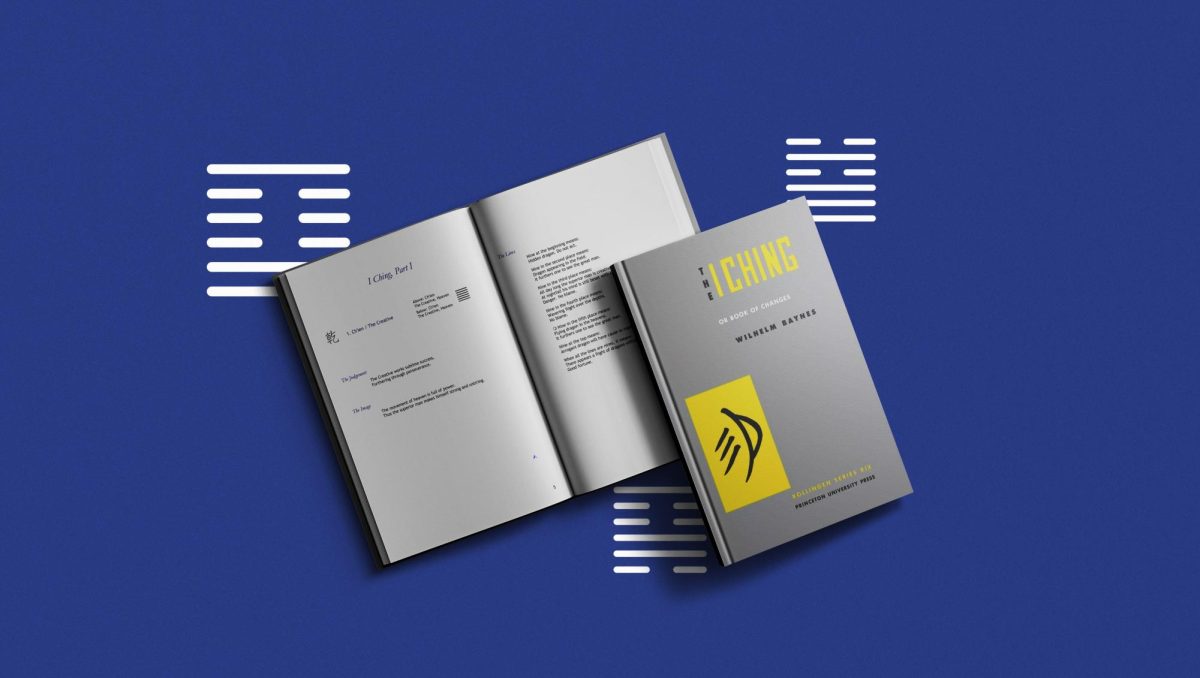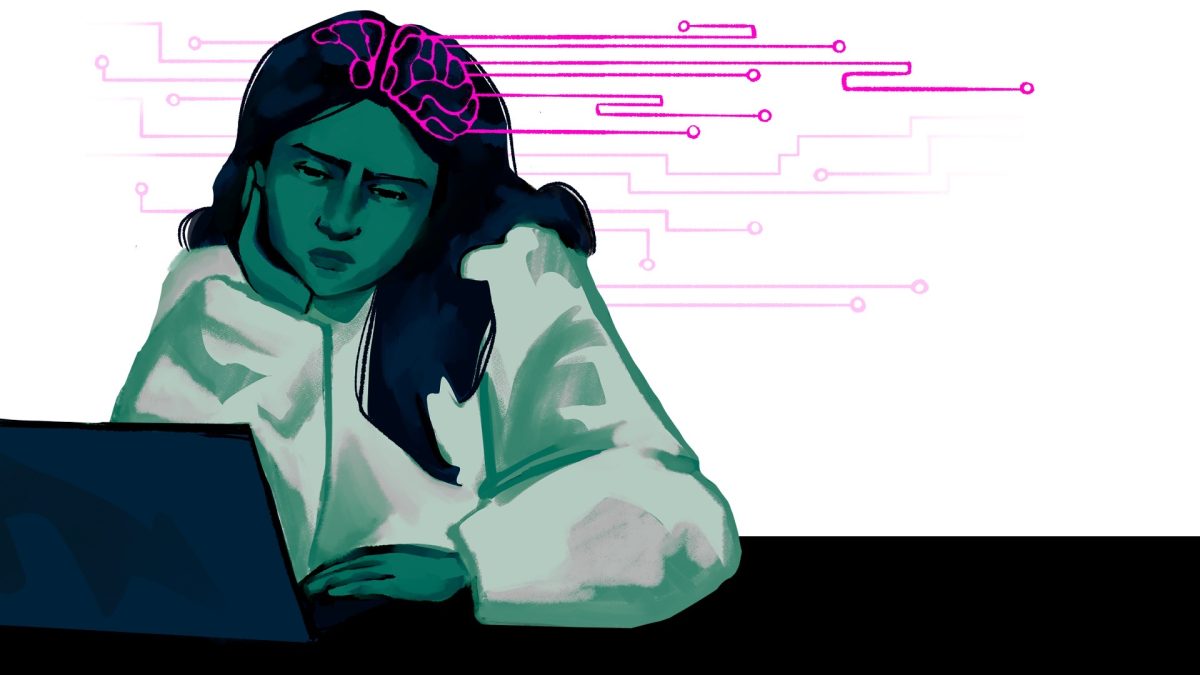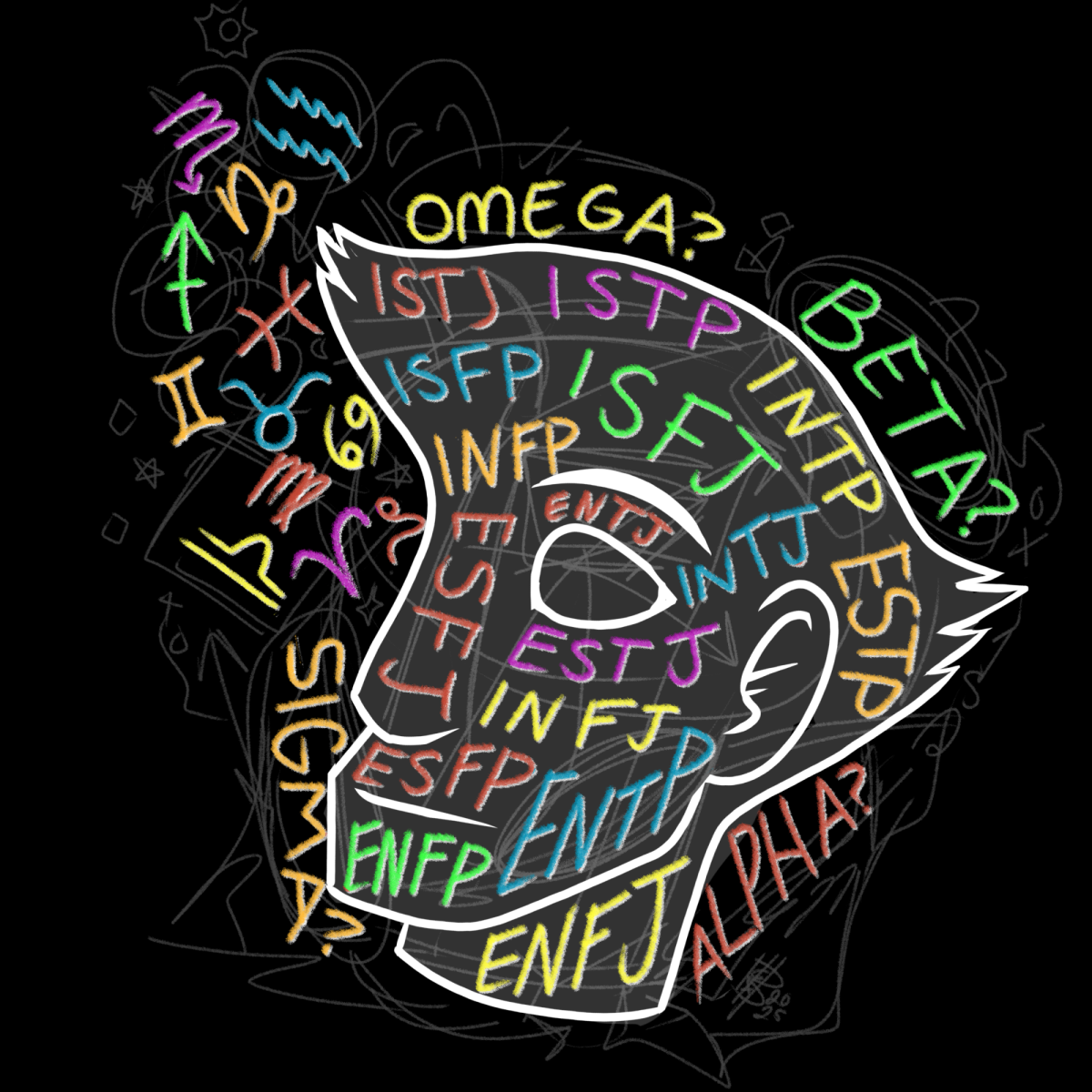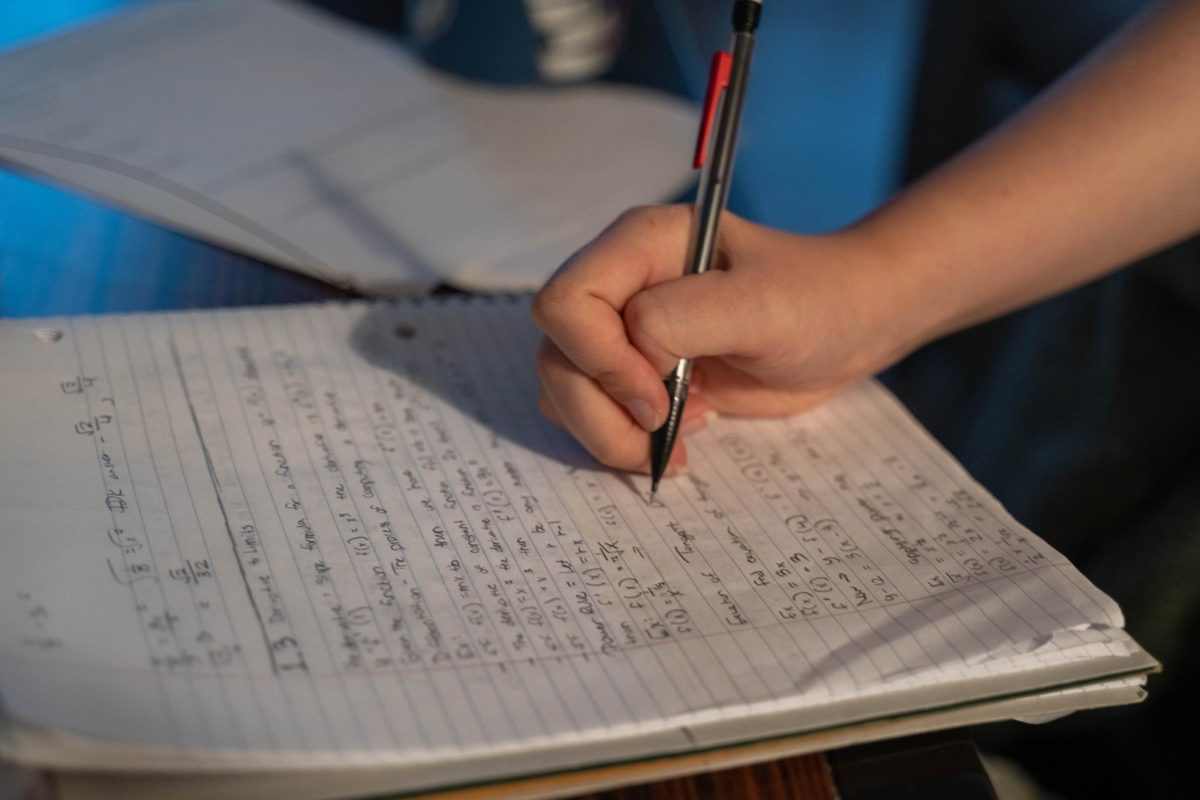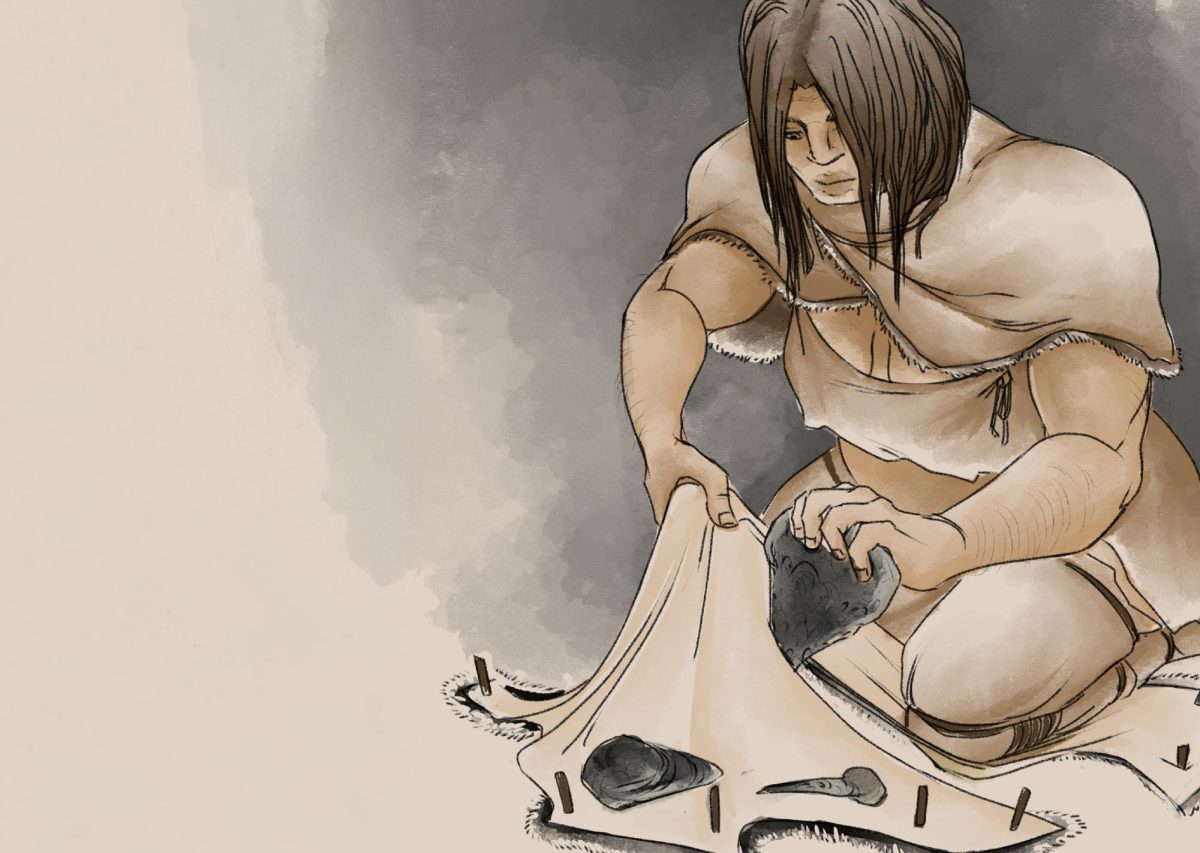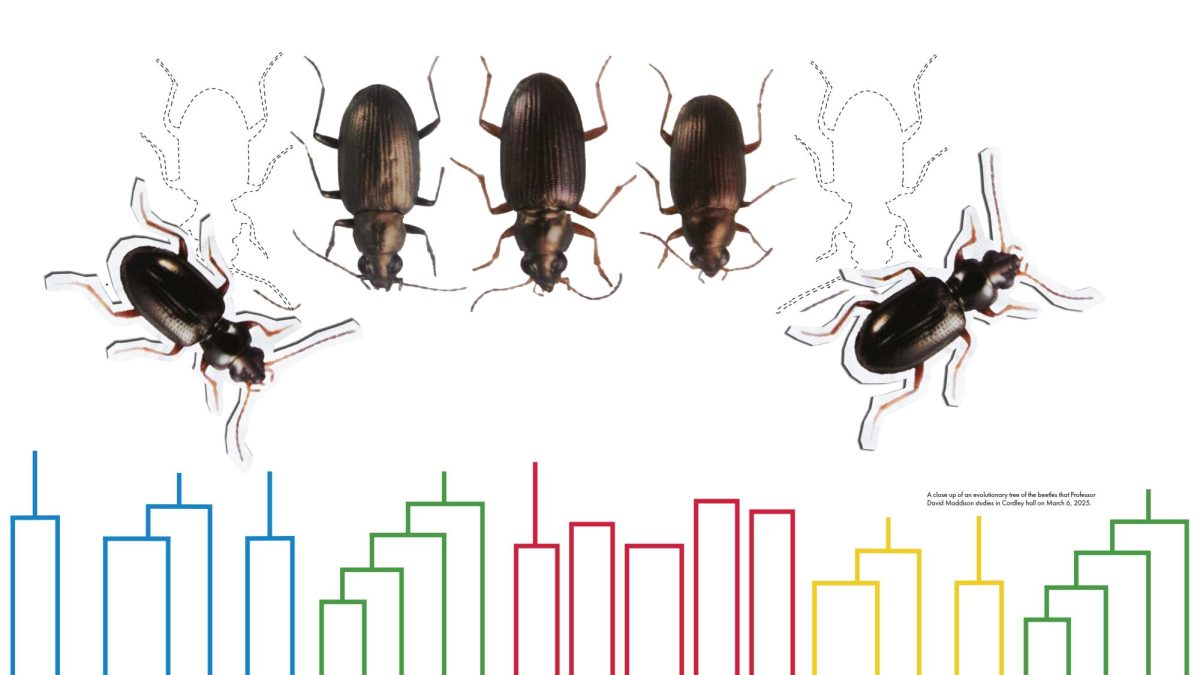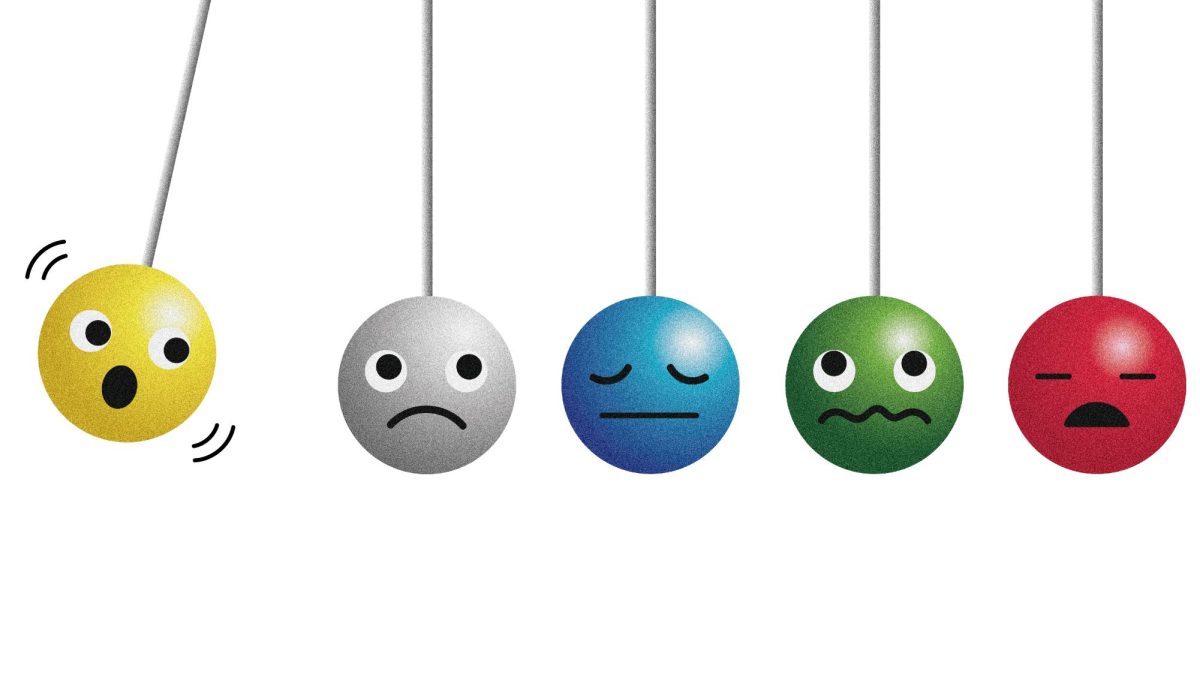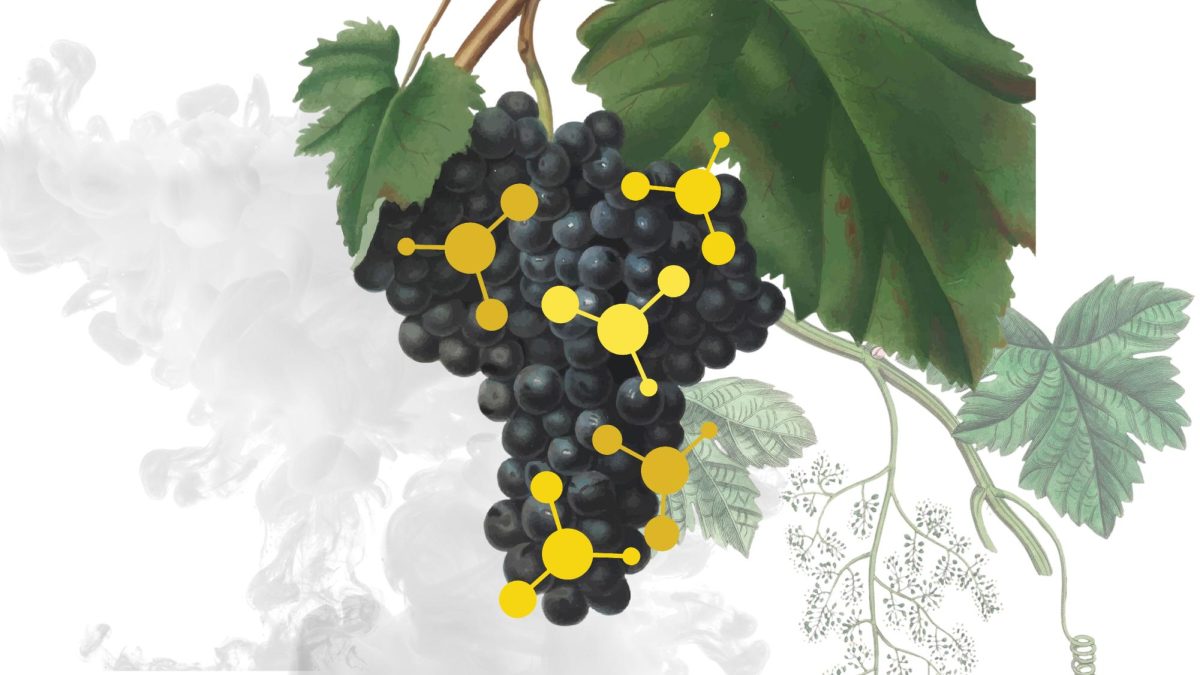Editor’s Note: This is an opinion piece and does not represent the opinion of Beaver’s Digest. This op-ed reflects the personal opinions of the writer.
“The Book of Changes” — “I Ching” in Chinese — is unquestionably one of the most important books in the world’s literature. At least, according to my edition’s introduction by Richard Wilhelm.
While every scholar of a certain text likely thinks their material is amongst the most important in the world, I’m inclined to believe Wilhelm. However, unless you have more than a passing interest in ancient Chinese thought, you’ve probably never heard of it.
I probably wouldn’t have, if not for one evening in middle school when my dad came into my room and handed me a large, floppy, paperback copy. Like a lot of middle schoolers, I had begun to wade into the ocean of stress, confusion and emotion that comes with, well, the rest of life.
He flipped through it, showing me that on each page was a number associated with a word or phrase — Conflict, The Army, Biting Through, Preponderance of the Great, Limitation — and a bit of text. While in graduate school, he used to open one of the 64 random pages and use these cryptic parables as a journaling prompt.
“I picked up that book in the first place because it was Eastern philosophy and I had read another book previous to that — the Tao of Pooh — that resonated with me,” my dad, Tom Damiana, told me when I sat down with him for this article.
According to scholars who study the “I Ching,” its most ancient iterations existed as early as the ninth century B.C. Originally intended as a form of divination for leaders, each of the parables — or hexagrams, as they are known — can be interpreted as advice for approaching a situation.
“At the time I didn’t know the book could be used for journaling but it was quite well suited for journaling,” Damiana said.
My dad explained that he got the notion in graduate school that journaling could be helpful for managing stress through a mandatory health and wellness seminar. That sentiment has not changed much since he heard it in the early ‘90s. Psychologists generally agree that journaling can be very beneficial.
“Daily journals provide individual freedom to express and understand life problems, thoughts, feelings and behaviors that are experienced with the aim of reducing, overcoming or correcting and even solving the burden of problems,” wrote a 2021 academic review on reducing stress in students through journaling.
Now, there are sometimes whole shelves in bookstores dedicated to journaling — plain notebooks and workbooks that promise the customer a guided experience to cope with their anxiety, ones that are especially written with men or women in mind, some that focus on gratitude.
But there’s something special about the “I Ching.”
“It’s an old and refined piece of text,” Damiana said. “They happen to be pretty well-reasoned bits of information that are applicable to just about any situation. You don’t seem to ever run across (a hexagram) and you’re scratching your head wondering how it’s applicable.”
These foreign and oftentimes esoteric parables describing 10 pairs of tortoises and a cracked cauldron have been read and mulled over by the likes of Confucious, Lao-Tzu and even Carl Jung. In fact, my edition has “The Commentaries” tacked on — literal commentary from Confucious, interpreting each of the parables.
To me, this grants the advice of the text some credibility. But more so than that, the oftentimes downright arcane imagery and confusing wording is exactly what I need. It forces me to stop and think about my day or a problem in a totally different way.
“If you can write about things honestly and be forced to explore it a little bit, I think it can slow you down and get you off high-center,” Damiana said. “It helps to push the mind into a different direction.”
It really does. Imagine sitting in bed after bombing a test and the “I Ching” falls open to parable #49: Revolution. This parable is canonically meant to provide wisdom about navigating political revolution — which might not seem helpful. But the “judgement” of the text reads, “On your own day you are believed. Supreme success, furthering through perseverance. Remorse disappears.”
For me, that might serve as a pretty uplifting place to start thinking.
It wouldn’t be difficult to go through the same motions with a deck of Tarot cards — a Western divination tradition. Pulling a card off the pile and using it as a lens to examine a problem is a similar notion.
“Could it have been any book? Or any religion or philosophy? I think so,” Damiana said. “What I find interesting about it is that it makes me think people have been struggling with these issues for a long time. The little lessons and discussions they have had find their way into the text.”

